There will certainly not be many exceptions to President Trump's "America First" policies. The Japanese leader's tactful behavior through many official diplomatic activities has made Tokyo somewhat "relieved" in the face of Washington's many "steel hammers".
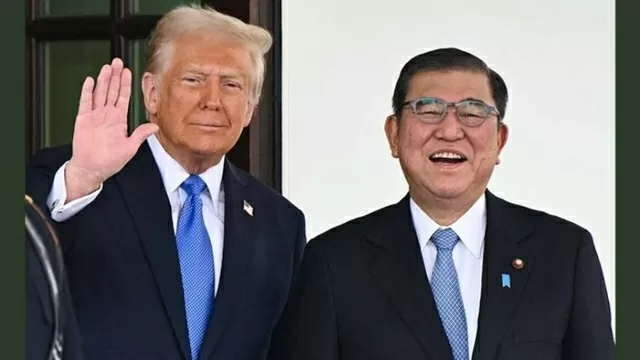 |
| President Donald Trump and Japanese Prime Minister Ishiba Shigeru at the White House on February 7. (Source: Asia News) |
Favor with East Asian allies?
Recently, Mr. Takatoshi Ito, former Japanese Vice Minister of Finance (currently Professor at the Department of International and Public Affairs at Columbia University, Senior Professor at the National Graduate Institute for Policy Studies in Tokyo) wrote a commentary in the Bangkok Post stating that the two US allies in East Asia, Japan and South Korea, need to prepare for changes in President Donald Trump's second term.
The first two weeks of Mr. Trump's term have been marked by a series of directives and executive orders.
The leader’s controversial initiative to deport illegal immigrants has received widespread public support at home, while other moves, such as his renewed efforts to buy Greenland and regain control of the Panama Canal, have made international headlines.As expected, Mr Trump has announced a series of new tariffs. Most notably, the leader has made good on his campaign threats and announced a 10% tariff on imports from China.
Before taking office, Mr. Trump threatened to impose tariffs of up to 60% on Chinese goods and announced plans to impose tariffs on semiconductors made in Taiwan (China). These moves clearly show that geopolitical alliances mean little to Mr. Trump if they do not serve American interests.
Professor Takatoshi Ito said it was strange that the US leader remained silent about Japan and South Korea, Washington's two major allies in East Asia.
Both countries could soon see new pressures, as Mr Trump has called on both countries to spend more on defence since his first term.
For now, however, Mr Trump's seeming disinterest in Japan and South Korea may work to their advantage.
This is certainly a "relief" for South Korea, which is in the midst of a domestic political crisis following the impeachment and arrest of former President Yoon Suk Yeol, according to Professor Takatoshi Ito. For its part, the Japanese government is treading cautiously, seeking to maintain close ties with Mr. Trump while considering possible concessions to avoid tariffs.
Every state can change
Professor Takatoshi Ito recalled that during Trump's first term, then Japanese Prime Minister Abe Shinzo cultivated a strong relationship with the US President, bonding over golf and asserting themselves as reliable allies at international forums. Current Japanese Prime Minister Ishiba Shigeru does not have a close personal relationship with Trump.
In an effort to engage with the new administration in Washington, Tokyo sent Foreign Minister Takeshi Iwaya to attend Mr Trump's inauguration. Iwaya met with his US counterpart Marco Rubio.
According to the US State Department, the two sides discussed ways to strengthen bilateral relations and security cooperation, including “joint efforts to counter destabilizing actions” in the Indo-Pacific.
But such diplomatic maneuvers may not be enough to shield Japan from Mr Trump’s trade tactics, Professor Takatoshi Ito said, adding that Tokyo must be prepared to make some concessions as Mr Trump turns his attention to East Asia.
For example, Japan could increase imports of shale gas and agricultural products from the United States, as China did to ease trade tensions during Trump’s first term. Japan is now the top foreign investor in the United States, and Japanese companies would likely be happy to increase investment to create jobs in the United States.
Although Japan and South Korea have so far remained out of Trump’s crosshairs, that could change at any moment, according to Professor Takatoshi Ito. Policymakers in both East Asian countries must be ready to act quickly and strategically to appease the US leader and seize potential economic opportunities.
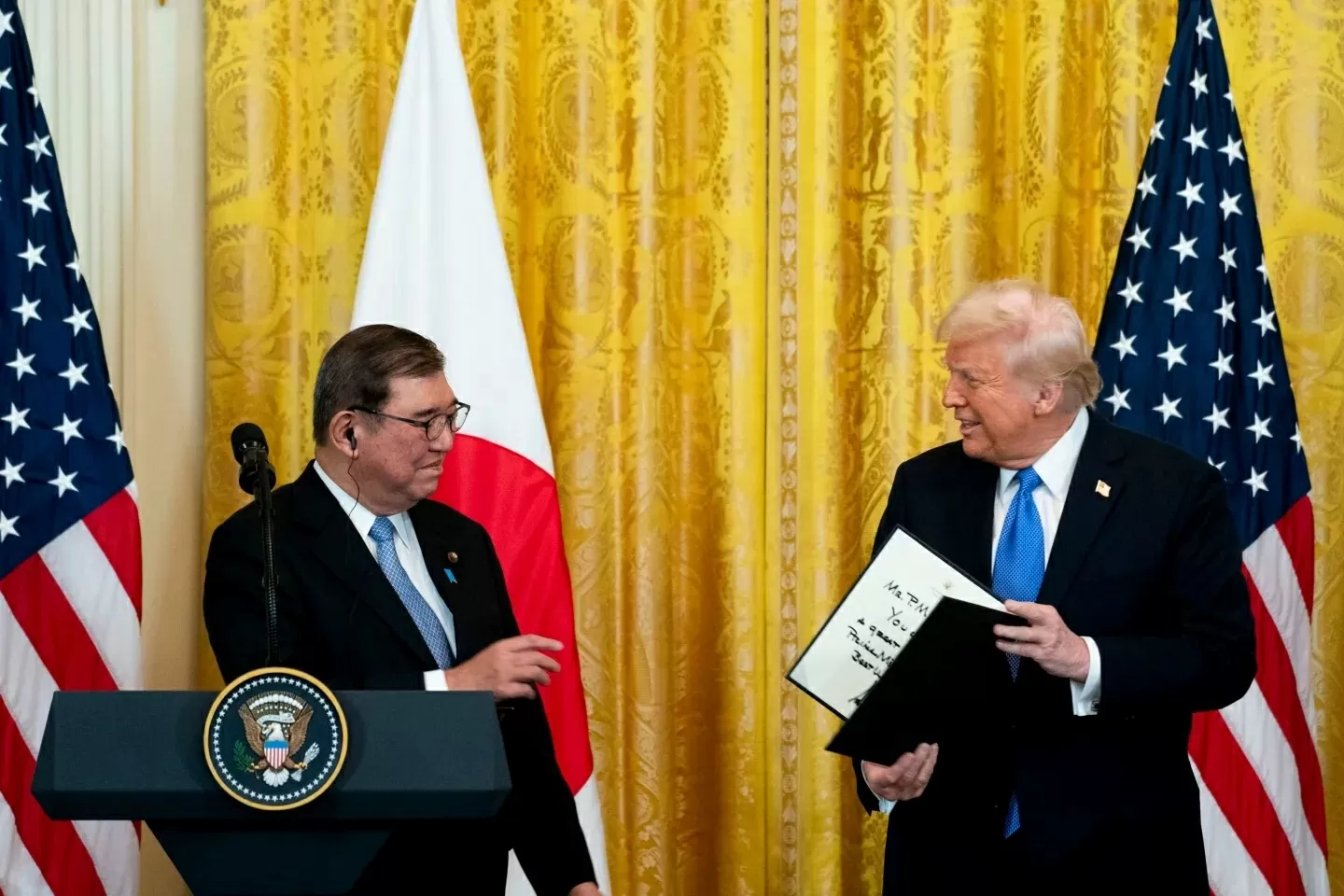 |
| The two sides reaffirmed several key points of the Japan-US Security Treaty, viewing the alliance as the foundation of peace and stability in the Indo-Pacific region. (Source: Fortune ASIA) |
Stress relief visit
Professor Takatoshi Ito's concerns were somewhat alleviated during Prime Minister Ishiba's visit to the United States to strengthen the alliance and establish personal relations with President Donald Trump.
Before the visit, Japanese officials also emphasized that Prime Minister Ishiba wanted both sides to affirm the solid nature of the alliance, receive clear assurances about the joint military alliance with the US, and make efforts to establish a personal relationship with President Trump despite their different interests. Mr. Trump is an avid golfer while Mr. Ishiba has a hobby of collecting plastic models of warships and airplanes.
The summit took place at the White House on February 8, and the two leaders held a joint press conference to announce the results of the meeting. NHK reported that during the talks, the two leaders reached many important agreements, especially on security cooperation.
The two sides reaffirmed several key points of the Japan-US Security Treaty, considering the two countries' alliance as the foundation of peace and stability in the Indo-Pacific region, and agreed to promote bilateral security cooperation and enhance the alliance's deterrence and response capabilities.
Japanese media also highlighted the success of one of the two most important goals of the talks, which was economic agreements. Accordingly, concerns about US tariff policies were minimized, with President Trump saying that the two sides could quickly resolve the trade deficit of about $ 100 billion through oil and gas purchase agreements.
During the visit, Prime Minister Ishiba also explained to President Trump about Japan's large investments in the US, which have contributed to creating a large number of jobs for people in the world's largest economy, and expressed his hope that the two sides will work towards building a cooperative relationship that is in line with the national interests of both countries.
Certainly, Prime Minister Ishiba's successful visit to the US has helped Tokyo to somewhat "relieve" the sensational decisions that have shocked the world, including the February 10 decree imposing a 25% tariff on all aluminum and steel imported into the country. However, Professor Takatoshi Ito's warnings are not in vain, Japan still needs a methodical response strategy to any strategy of Mr. Trump, even when tightening its alliance relations.
Source: https://baoquocte.vn/president-trump-prefers-who-is-japan-or-the-country-with-bac-thay-cua-tokyo-303951.html



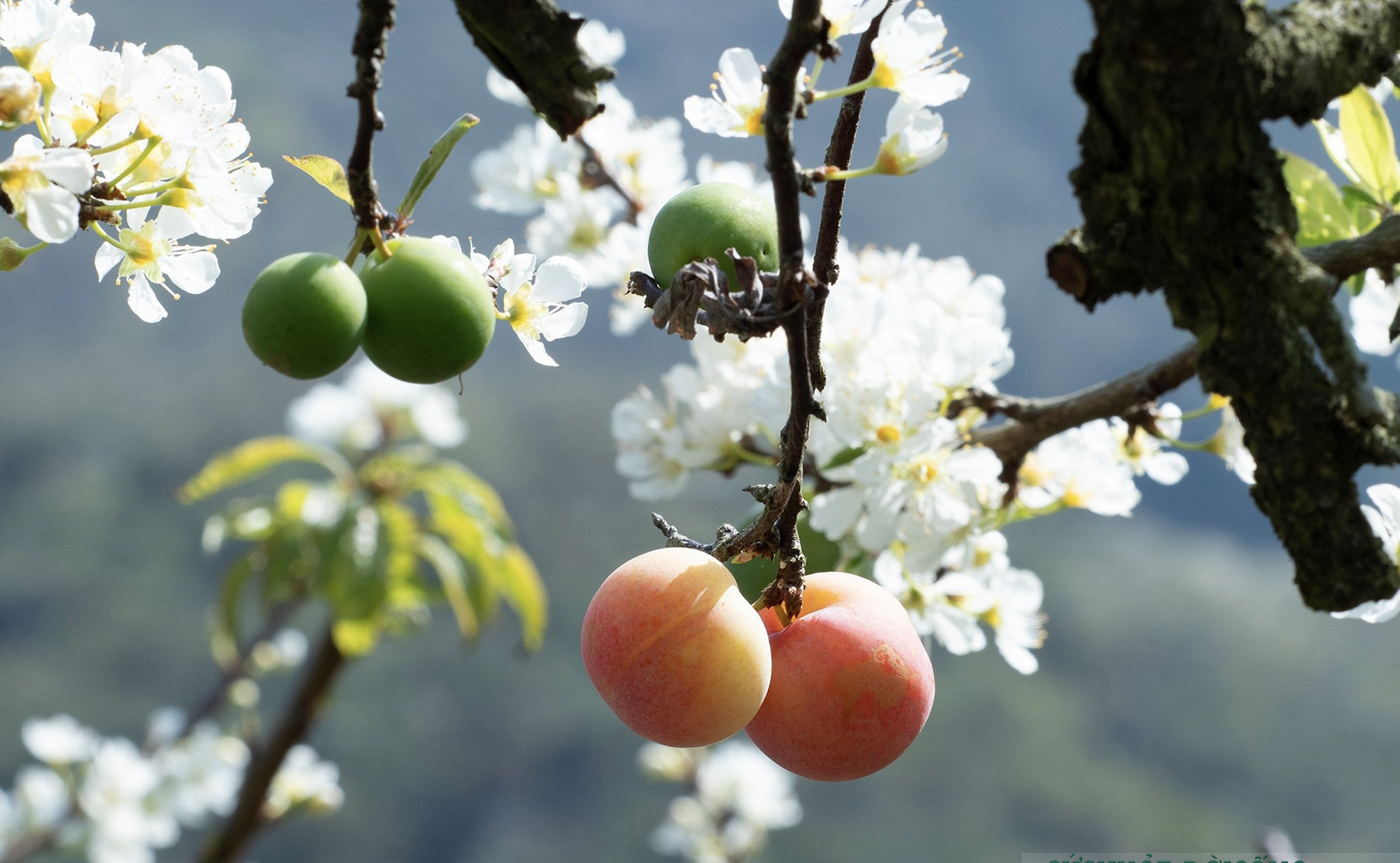
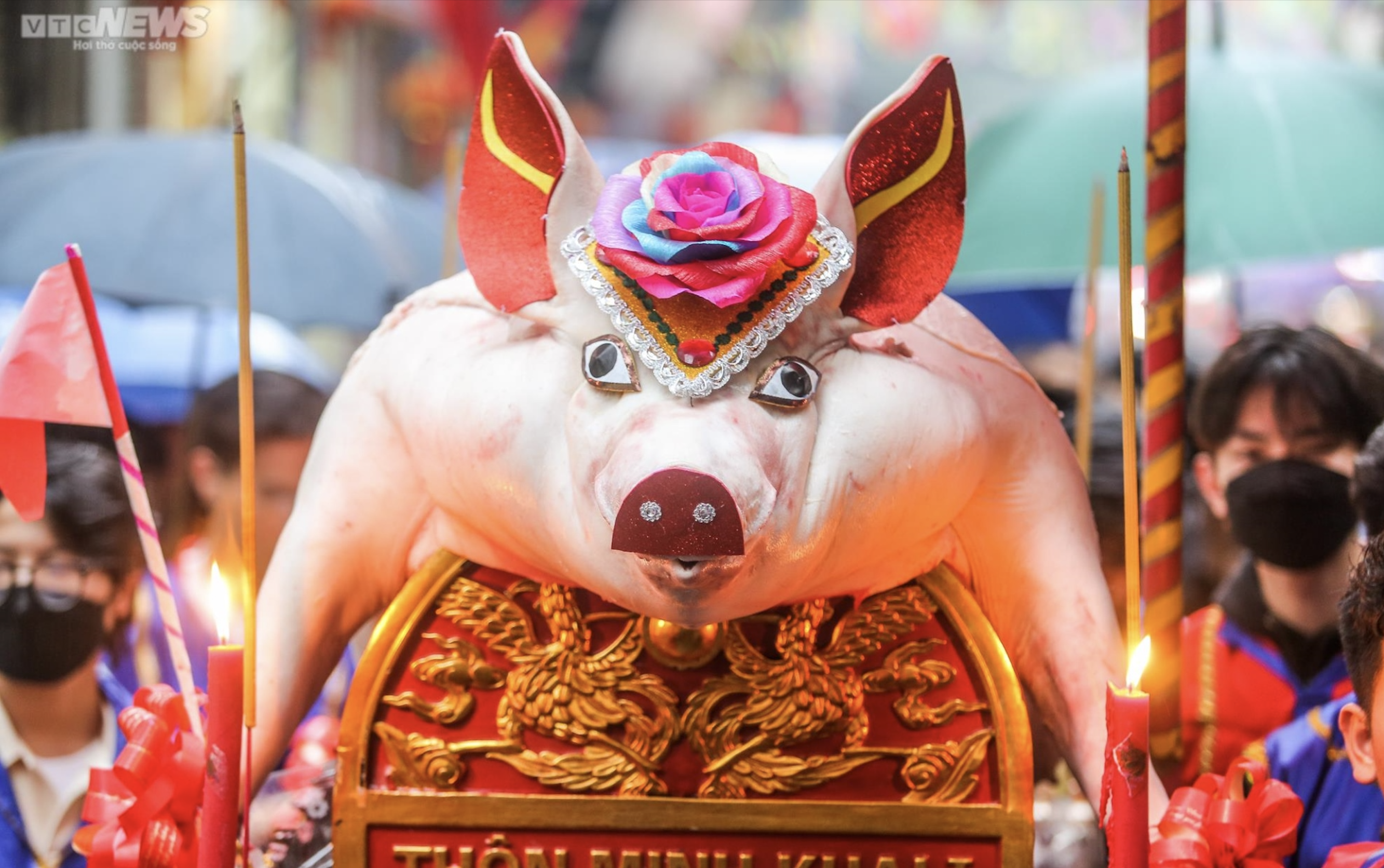
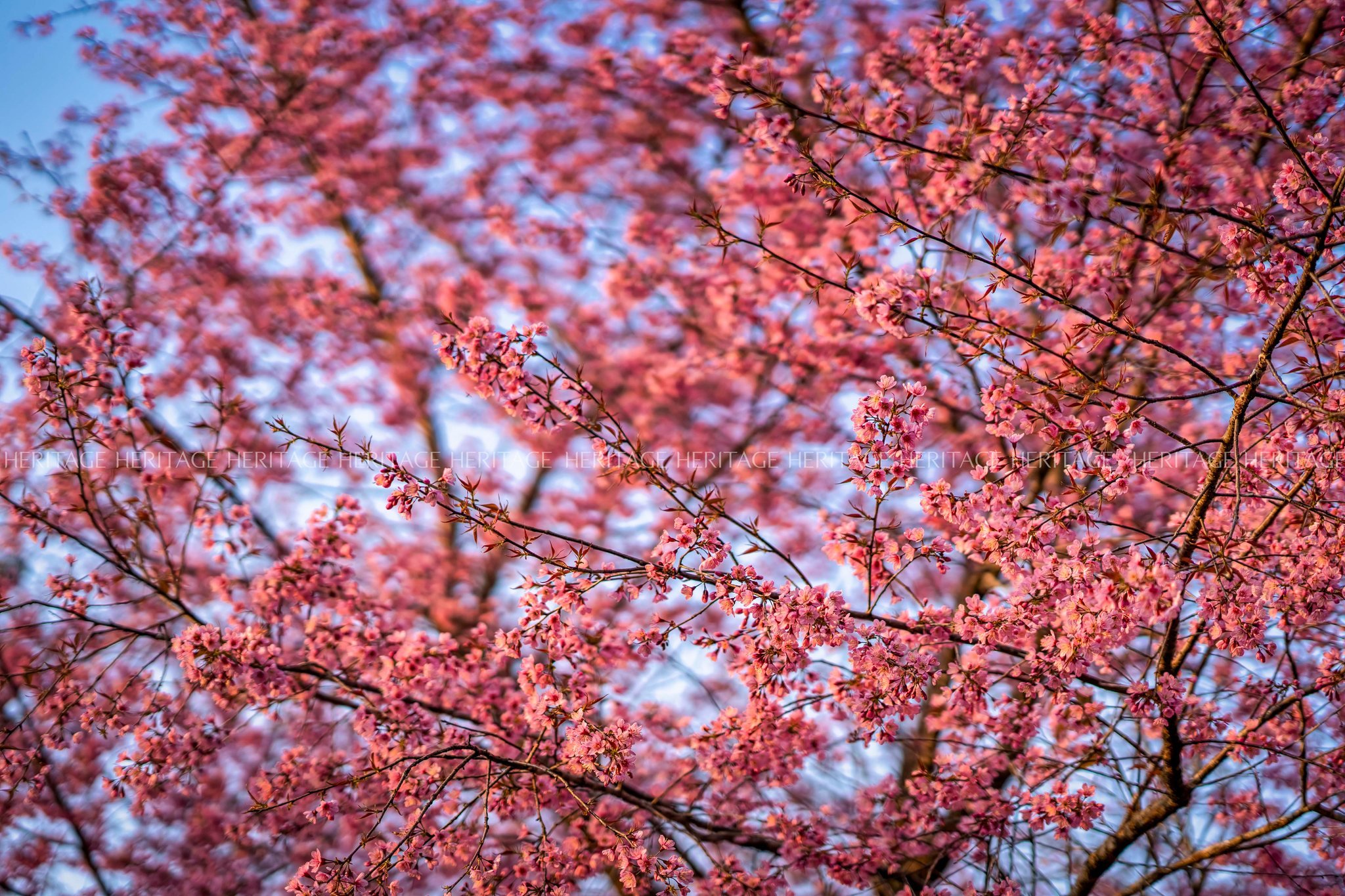
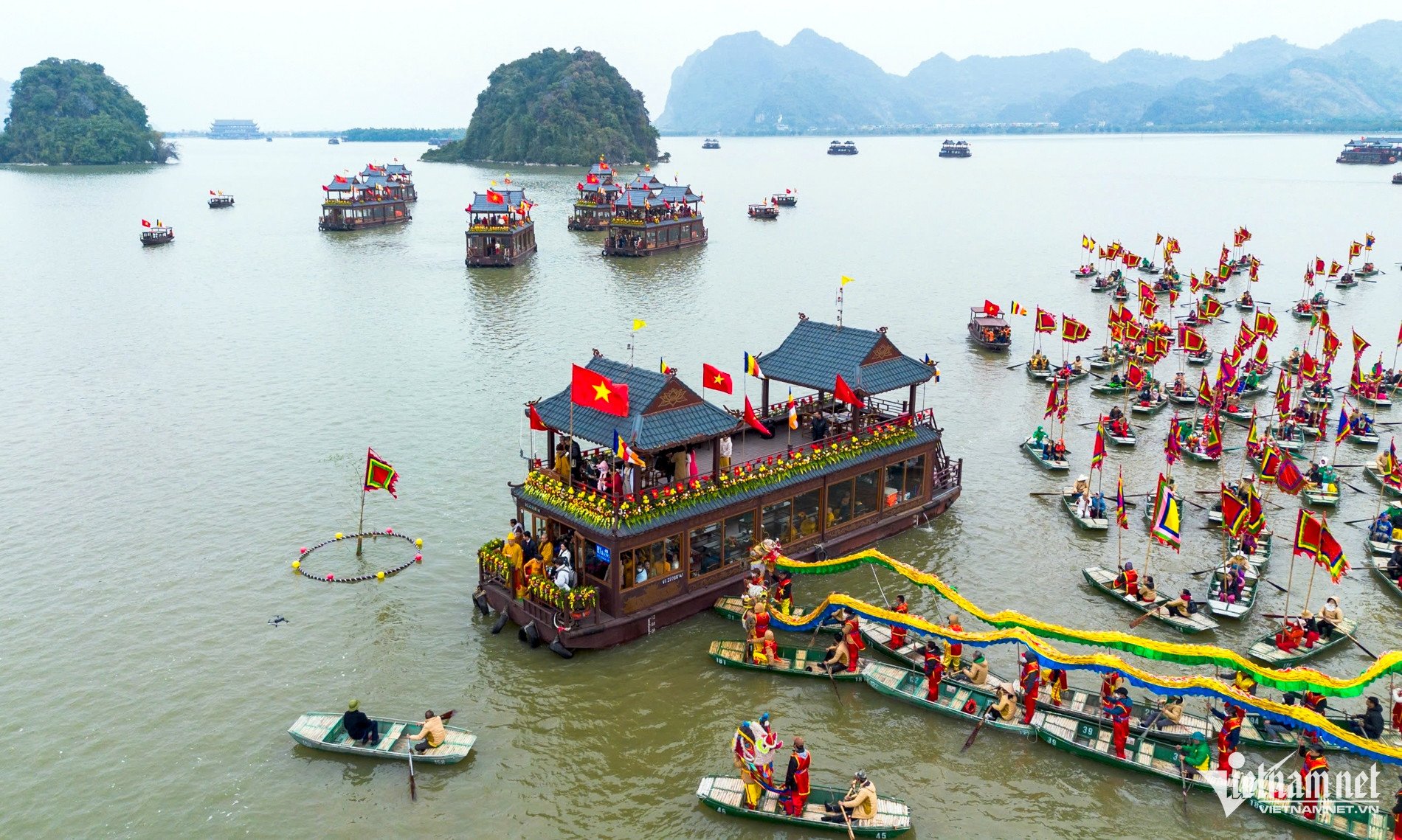

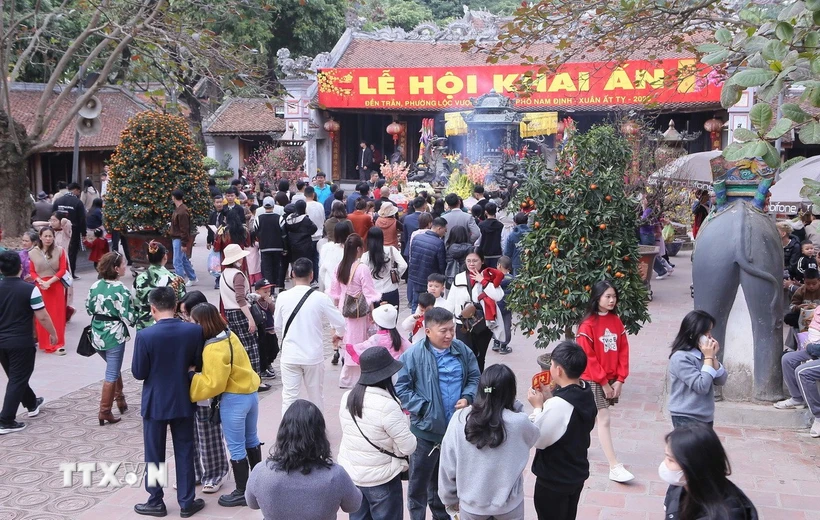
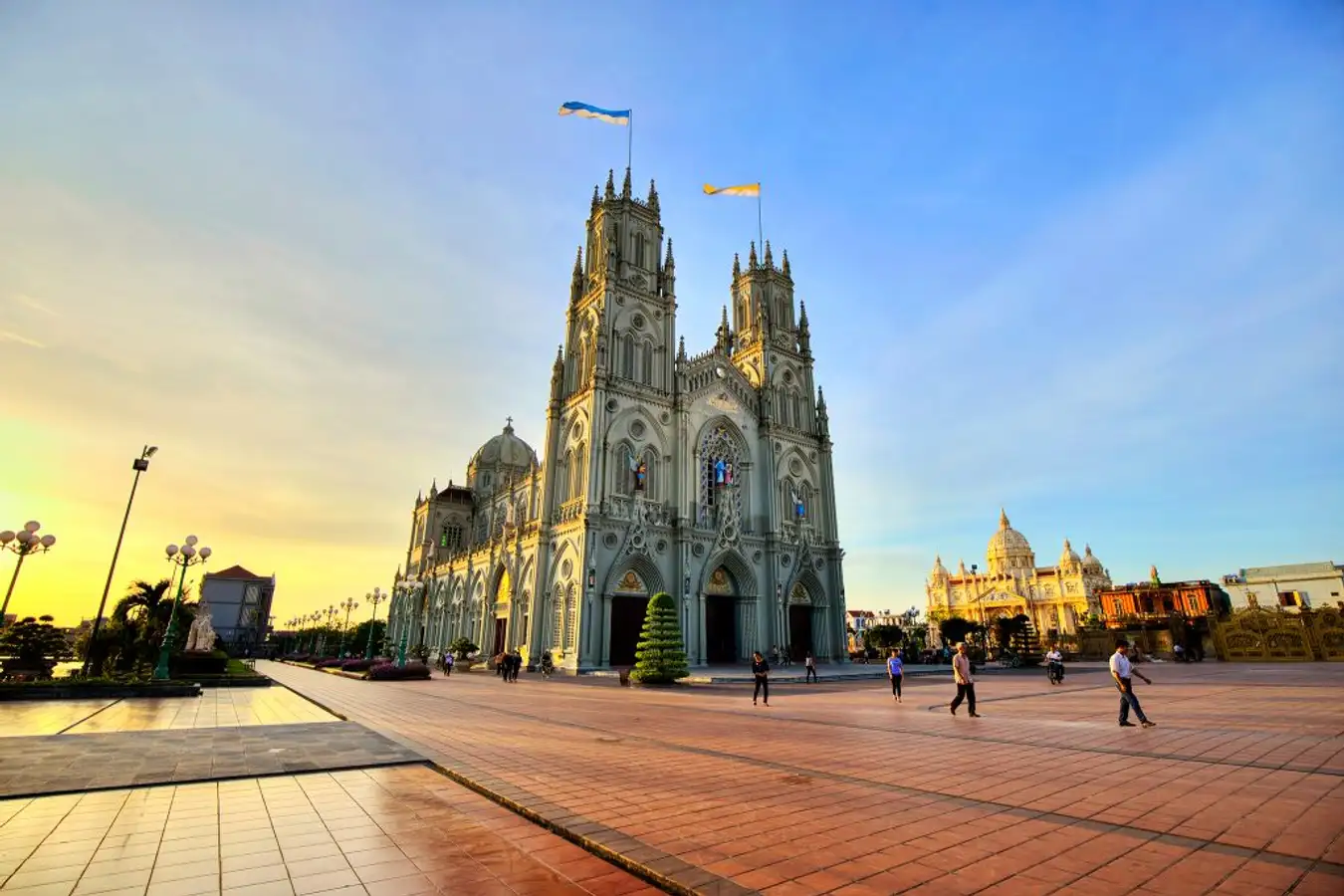





















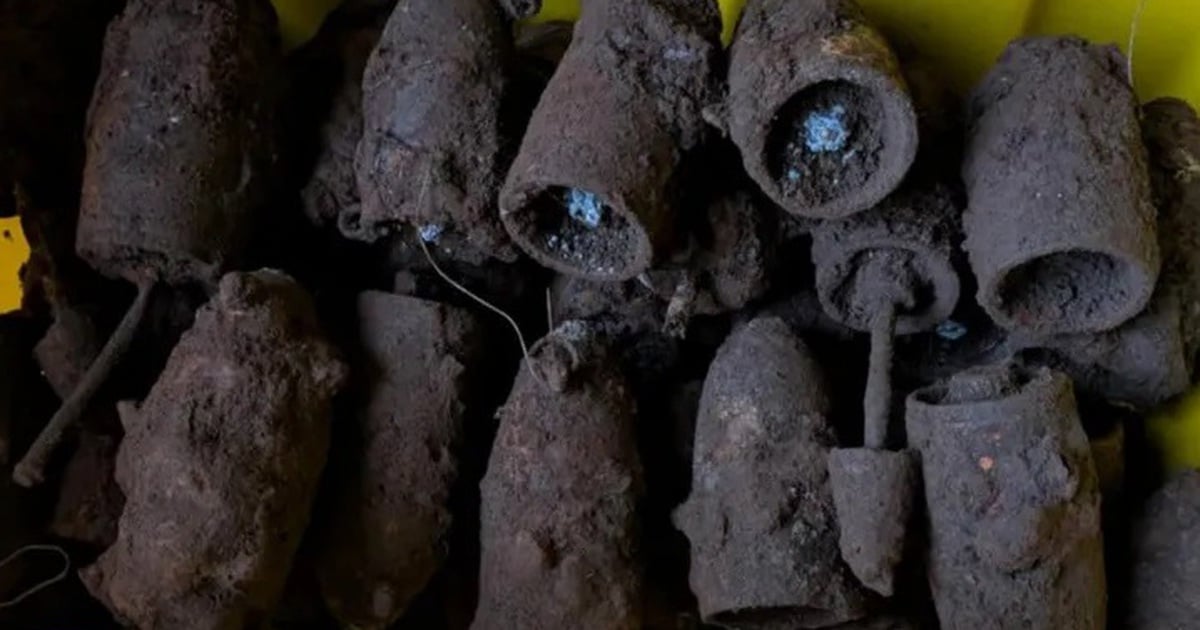

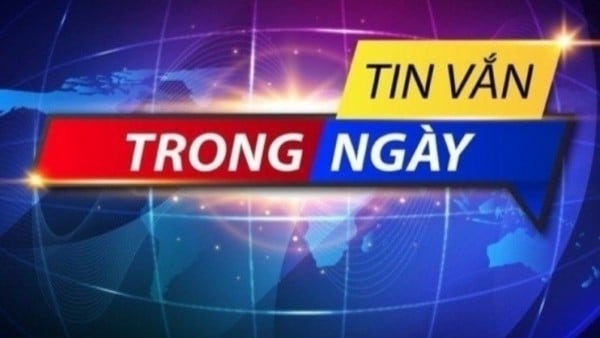
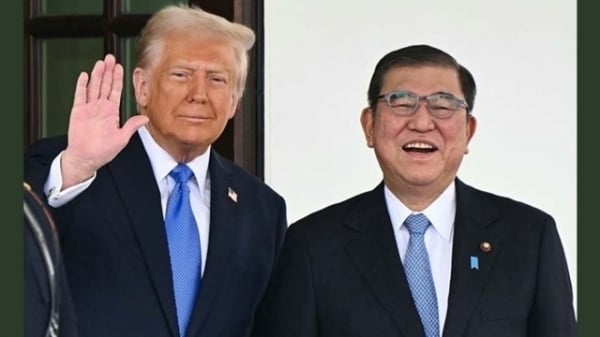
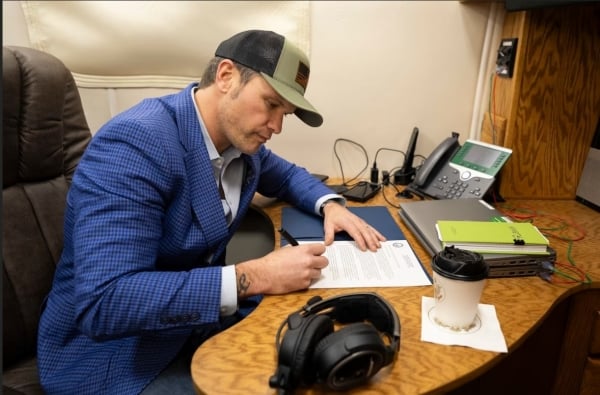
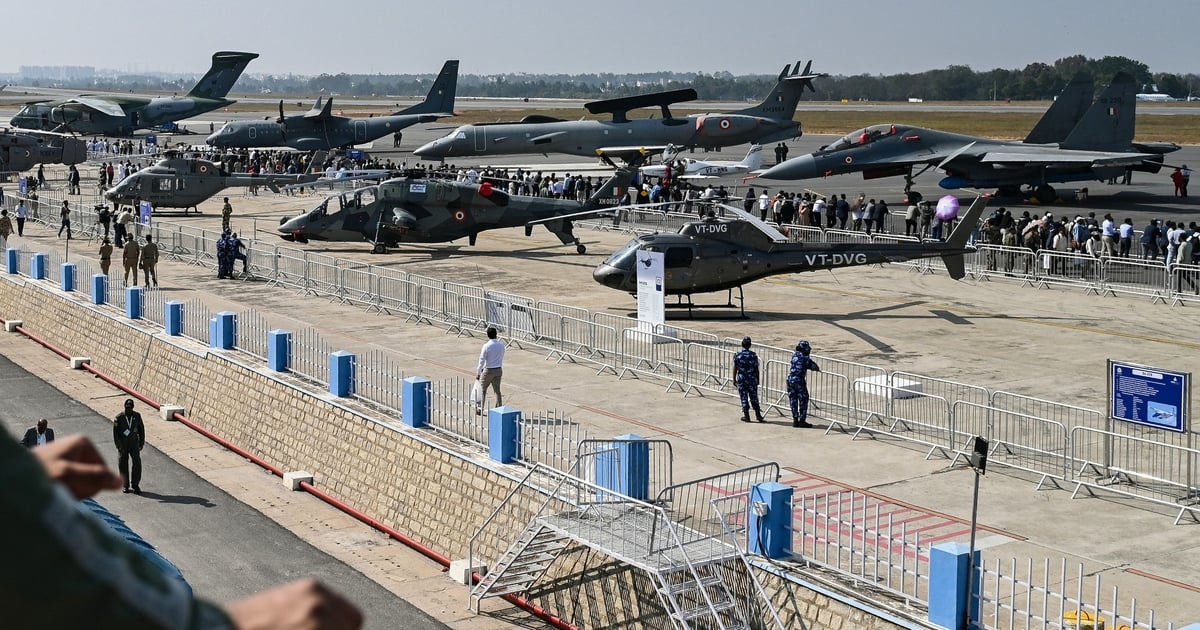
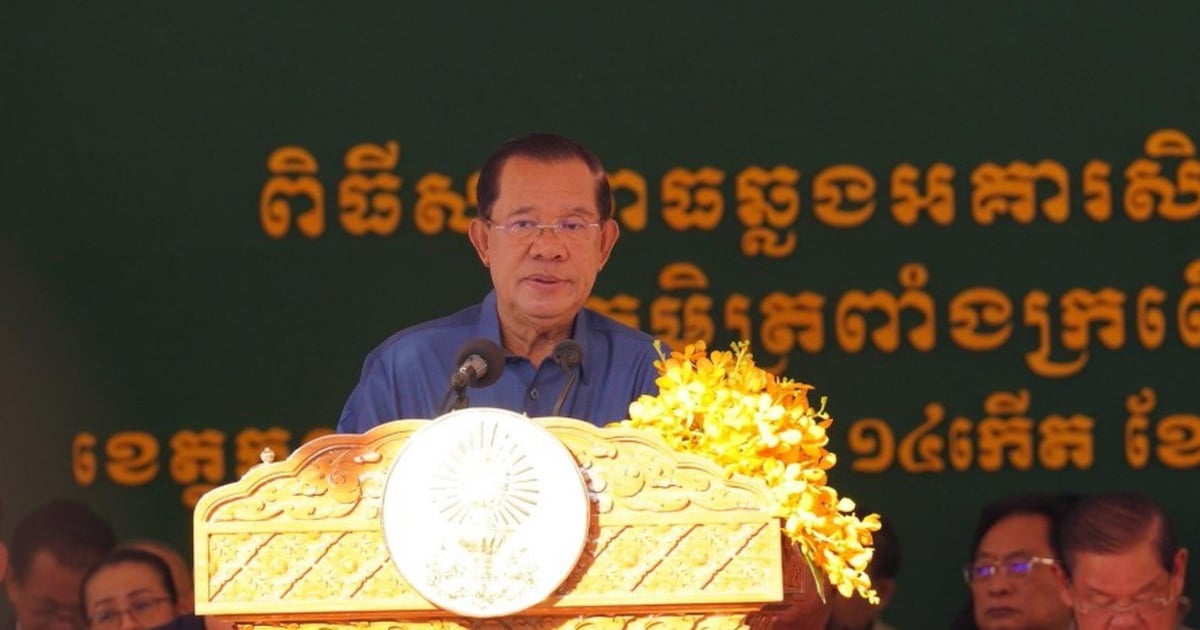
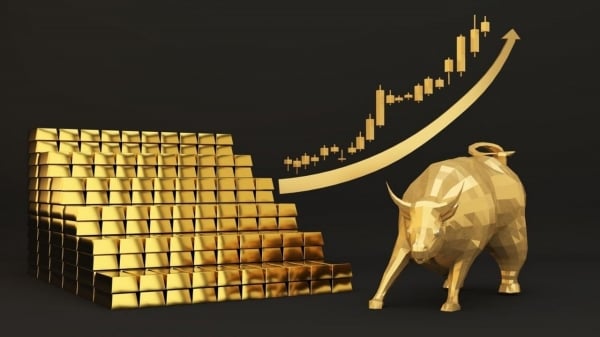
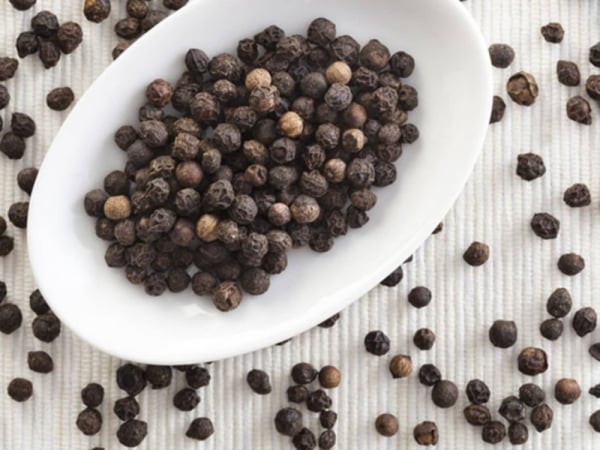
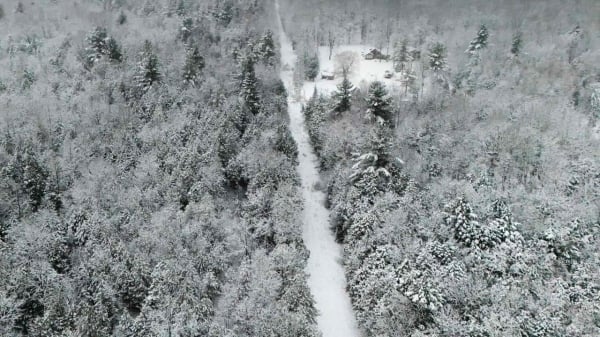
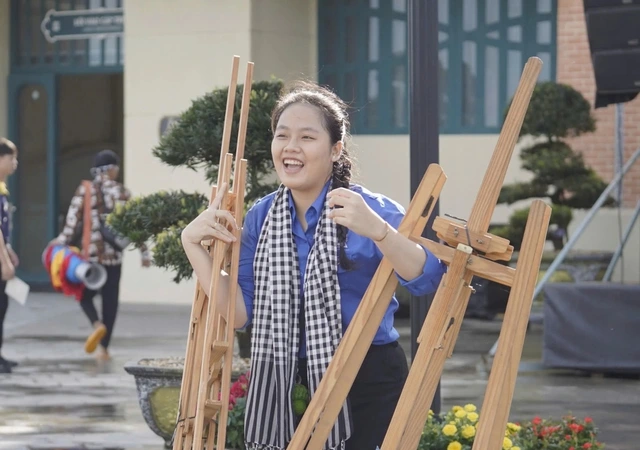
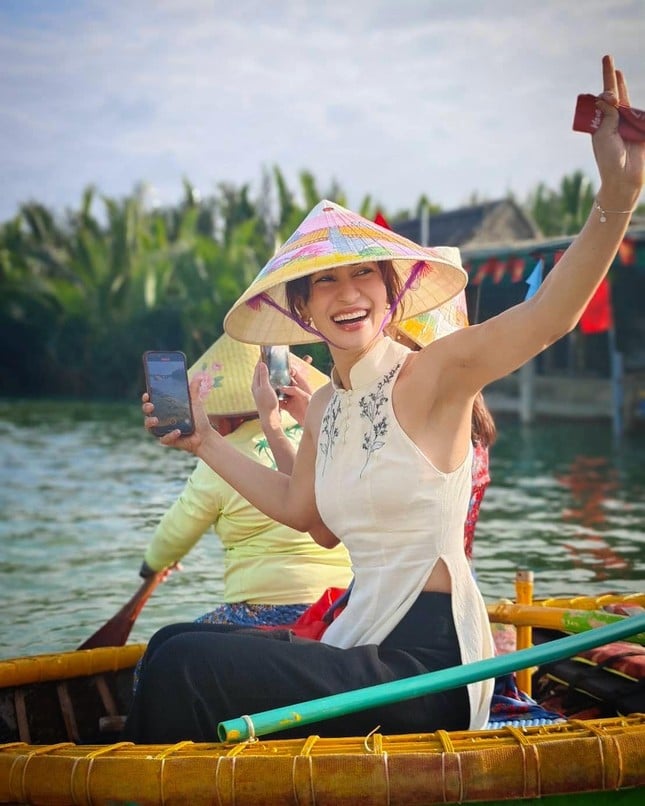

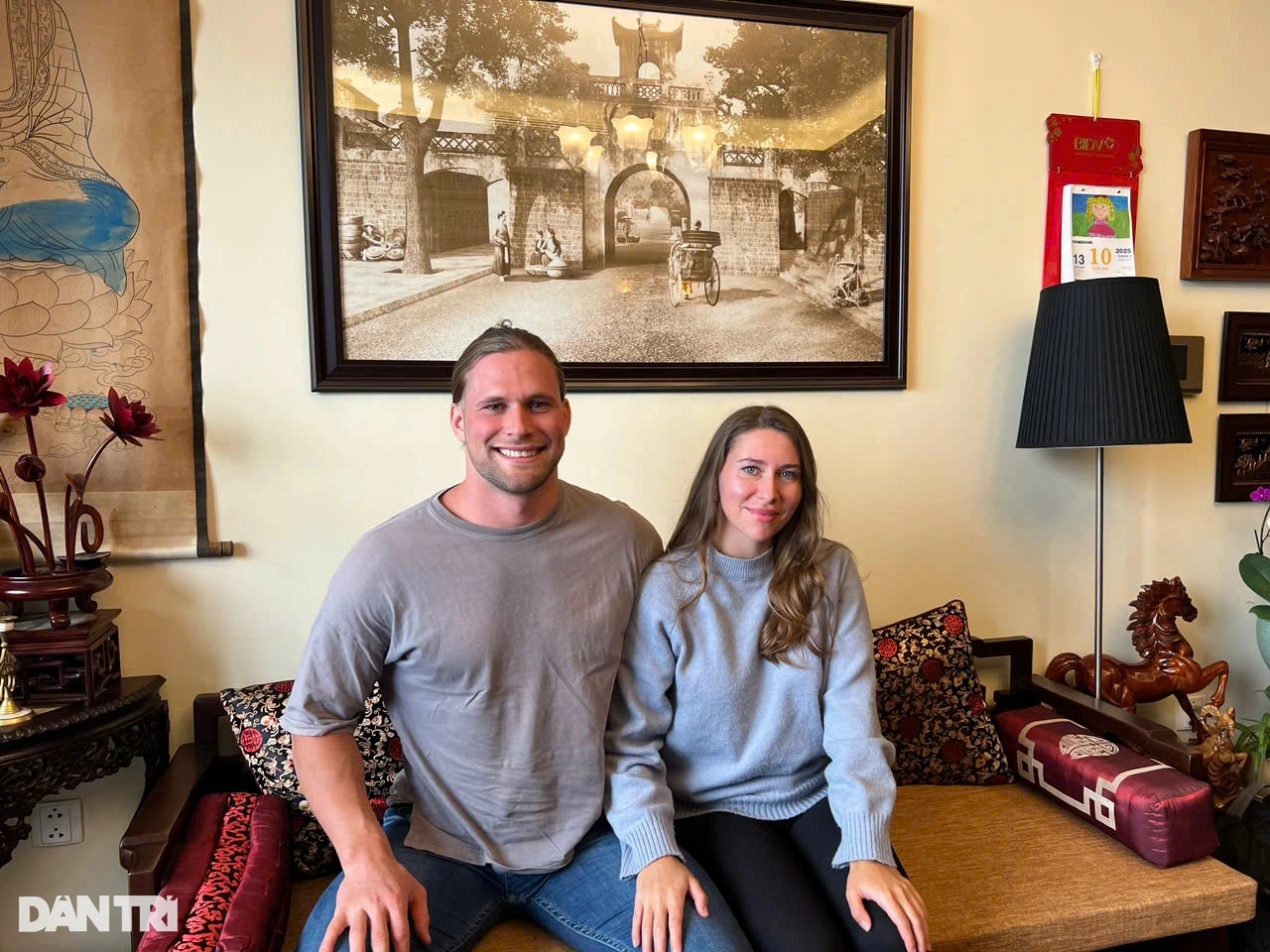

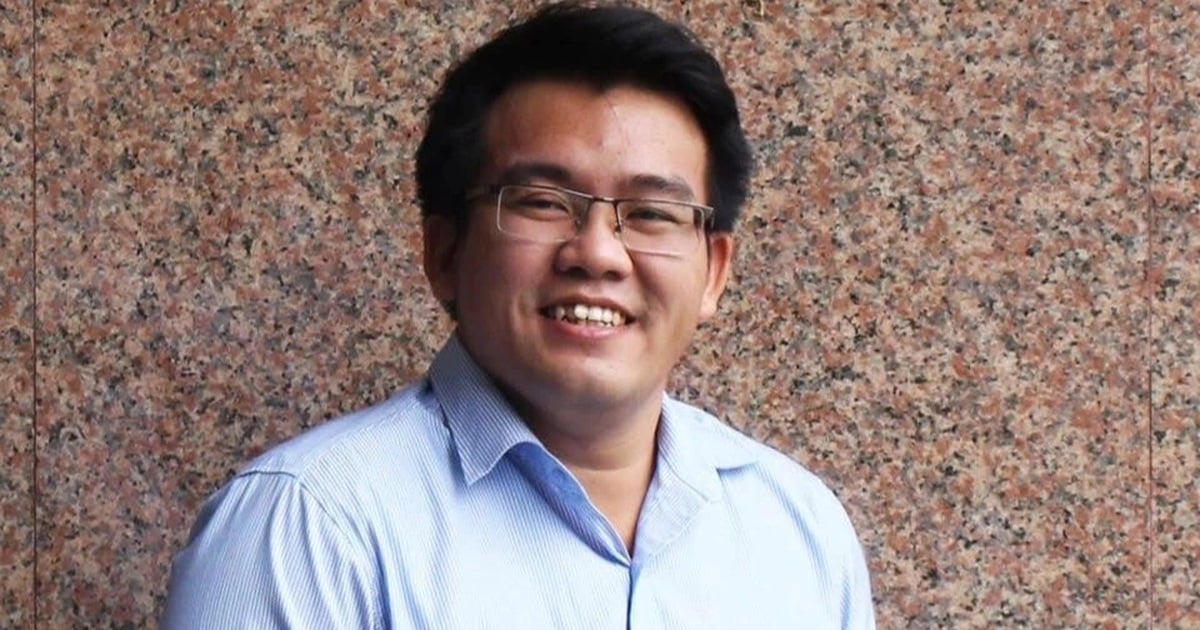
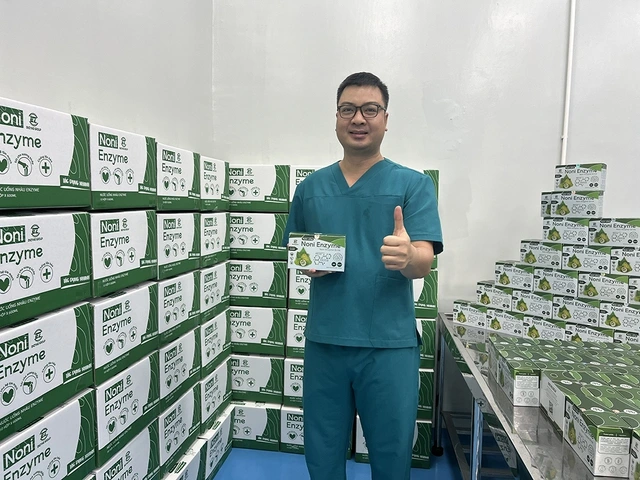
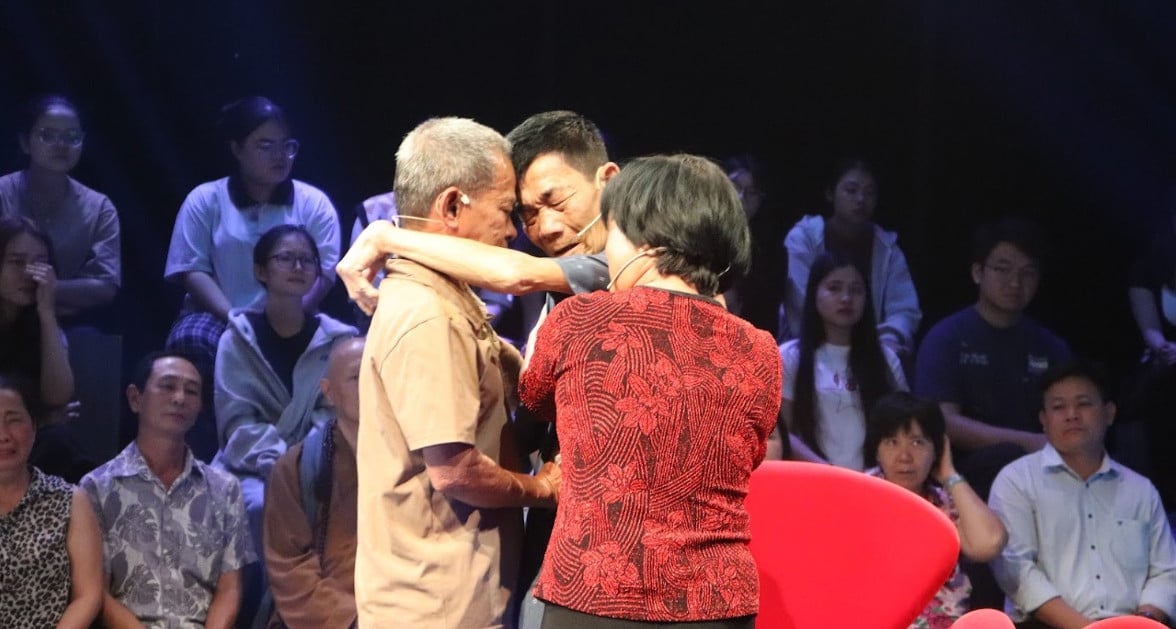





Comment (0)